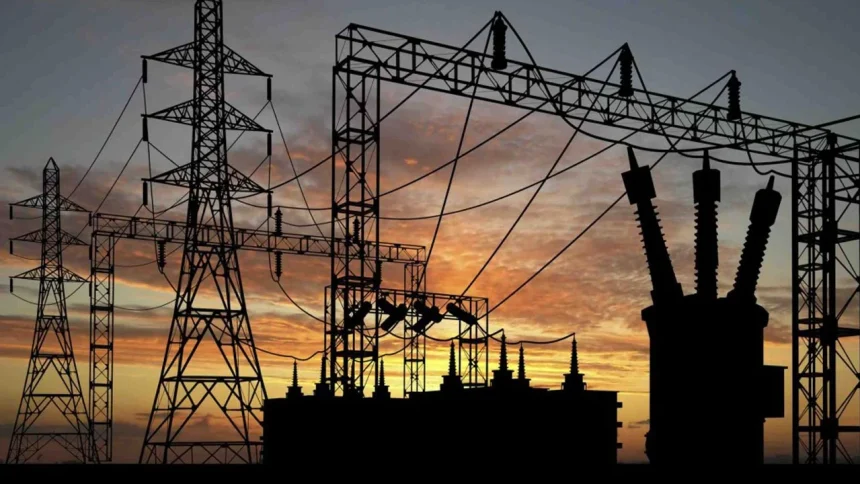Nigeria’s power sector struggled throughout 2024, marked by a series of significant setbacks including steep electricity tariff hikes, frequent national grid collapses, and widespread vandalism of critical infrastructure.
These challenges have left the country grappling with persistent power supply issues, despite the privatization of the sector over a decade ago.
One of the most controversial events of 2024 was the over 200 percent hike in electricity tariffs for customers classified under Band A, who were promised up to 20 hours of power supply daily. In April 2024, the cost of electricity surged to N225 per kilowatt-hour, up from N66, sparking public outcry and protests. While the tariff hike boosted revenue for electricity distribution companies, it strained household budgets already burdened by inflation.
The Nigerian government failed to meet its target of generating 6,000 megawatts of electricity by the end of 2024, a promise made by the Minister of Power, Adebayo Adelabu. The country’s power generation remained consistently below 5,000 megawatts, affecting the electricity supply for over 200 million citizens. Adelabu cited persistent vandalism as one of the key reasons behind the unmet target.

Vandalism of the Transmission Company of Nigeria (TCN) facilities reached alarming levels in 2024, with at least 13 national grid collapses reported during the year. These attacks left large parts of the country without electricity for extended periods. The northern states and parts of Rivers and Bayelsa were particularly affected, as vandals targeted key transmission lines, leading to widespread outages.
In the Niger Delta, power outages persisted due to continued vandalism of TCN transmission lines. Notably, in November 2024, vandals destroyed the Ahoada-Yenagoa 132 kilovolt line and stole components from other major transmission lines, exacerbating power shortages in the region.
Despite the numerous challenges, 2024 also saw a major development aimed at improving the power sector. The 2023 Electricity Act, which granted oversight functions to states, offers a potential solution to some of the sector’s governance and operational issues. As of December 2024, eight states—including Lagos, Ogun, Enugu, Kogi, Ondo, Ekiti, Oyo, and Imo—had been granted regulatory oversight for electricity operations, signaling a shift towards decentralization that may improve service delivery.
As Nigeria enters 2025, there are mixed expectations for the power sector. While experts like Muda Yusuf, Director of the Centre for the Promotion of Private Enterprise, caution that the tariff hikes may unsettle the public, the decentralization of regulatory oversight and ongoing efforts to curb vandalism bring hope for a more stable power supply in the future. However, addressing the challenges of grid reliability and infrastructure security remains a priority for the year ahead.
Despite the setbacks, there is cautious optimism that the power sector’s reforms will gradually lead to improvements in 2025, bringing relief to millions of Nigerians who continue to face unreliable electricity services.



